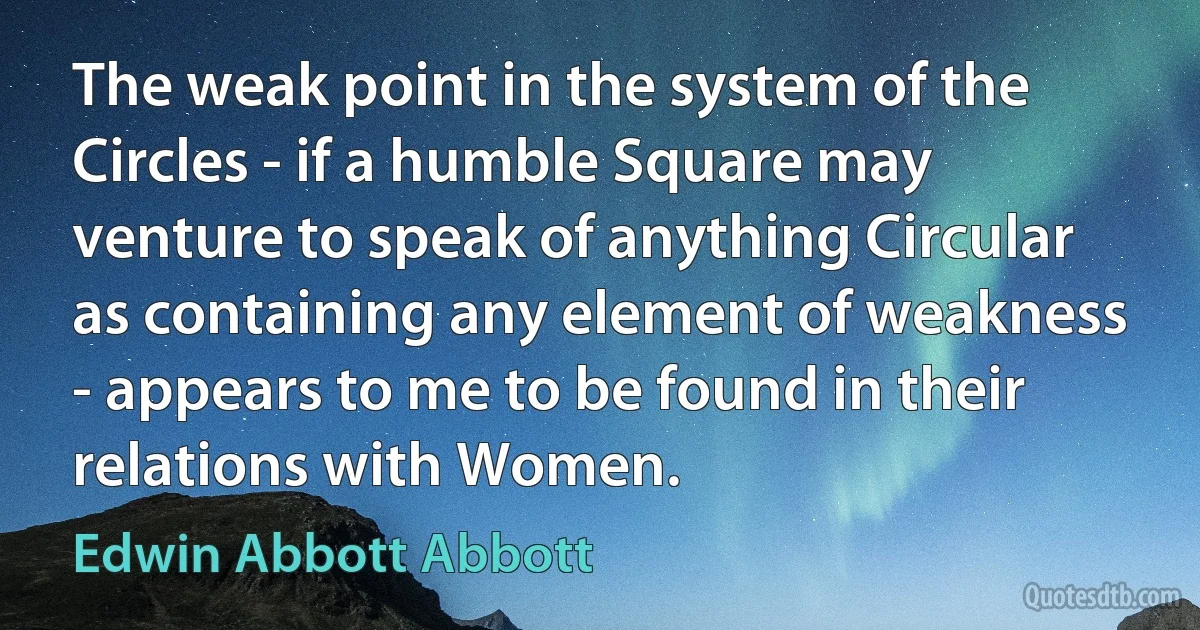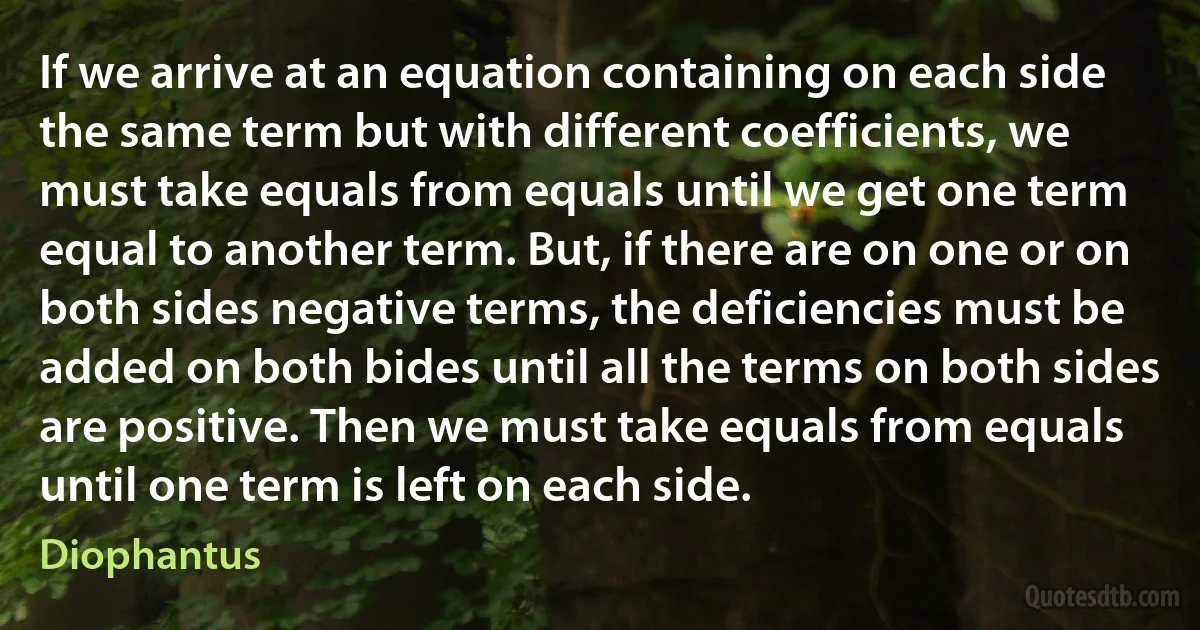Containing Quotes - page 3
The anatomy of self-propelling objects is subject to universal laws. Those of cars and animals are similar in many ways. First of all, there's the stomach. Stomachs are like petrol tanks. It takes energy to move around, and that energy must accompany its user. All self-propelling objects carry provisions with them in a sealed-off space, a stomach or a tank. Self-propelling beach animals like Animaris Percipiere have a stomach too. This consists of recycled plastic bottles containing air that can be pumped up to a high pressure by the wind.

Theo Jansen
The Posthumous Works of Robert Hooke M. D.,'... appeared in 1705, containing 'A Discourse of Earthquakes'... His treatise... is the most philosophical production of that age, in regard to the causes of former changes in the organic and inorganic kingdoms of nature. 'However trivial a thing,' he says, 'a rotten shell may appear to some, yet these monuments of nature are more certain tokens of antiquity than coins or medals, since the best of those may be counterfeited or made by art and design, as may also books, manuscripts, and inscriptions, as all the learned are now sufficiently satisfied has often been actually practised,' &c.; 'and though it must be granted that it is very difficult to read them and to raise a chronology out of them, and to state the intervals of the time wherein such or such catastrophes and mutations have happened, yet it is not impossible.

Charles Lyell
Molecular biology has shown that even the simplest of all living systems on earth today, bacterial cells, are exceedingly complex objects. Although the tiniest bacterial cells are incredibly small, weighing less than 10−12gms, each is in effect a veritable micro-miniaturized factory containing thousands of exquisitely designed pieces of intricate molecular machinery, made up altogether of one hundred thousand million atoms, far more complicated than any machine built by man and absolutely without parallel in the nonliving world.

Michael Denton
On the bank of the Nile opposite Old Cairo is the place known as The Garden, which is a pleasure park and promenade, containing many beautiful gardens, for the people of Cairo are given to pleasure and amusements. I witnessed a fete once in Cairo for the sultan's recovery from a fractured hand; all the merchants decorated their bazaars and had rich stuffs, ornaments and silken fabrics hanging in their shops for several days.

Ibn Battuta
At about midnight he arrived, accompanied by six armed SS officers, and was received by my aide-de-camp, Walter Luedde-Neurath. I offered Himmler a chair and sat down at my desk, on which lay, hidden by some papers, a pistol with the safety catch off. I had never done anything of this sort in my life before, but I did not know what the outcome of this meeting might be. I handed Himmler the telegram containing my appointment. "Please read this," I said. I watched him closely. As he read, an expression of astonishment, indeed of consternation, spread over his face. All hope seemed to collapse within him. He went very pale. Finally he stood up and bowed. "Allow me," he said, "to become the second man in your state." I replied that was out of the question and that there was no way I could make any use of his services. Thus advised, he left me at about one o'clock in the morning. The showdown had taken place without force, and I felt relieved.

Karl Dönitz
Two weeks later they still have not been found. The question is, where is Saddam Hussein? Where are those weapons of mass destruction, if they were ever in existence? Is Saddam Hussein in a bunker sitting on cases containing weapons of mass destruction, preparing to blow the whole place up?

Vladimir Putin
And thus one man makes a vortex all round and steadies the earth by the heaven; another gives the air as support for the earth, which is sort of a broad trough. Any power which in disposing them as they are disposes them for the best never enters into their minds, not do they imagine that there is any superhuman strength in that; they rather expect to find another Atlas of the world who is stronger and more everlasting and more containing than the good is, and are clearly of the opinion that the obligatory and containing power of the good is as nothing; and yet this is the principle which I would fain learn if anyone would teach me. But as I have failed either to discover myself or to learn of anyone else, the nature of the best, I will exhibit to you, if you like, what I have found to be the second best mode of inquiring into the cause.

Socrates
Magic is a faculty of wonderful virtue, full of most high mysteries, containing the most profound contemplation of most secret things, together with the nature, power, quality, substance and virtues thereof, as also the knowledge of whole Nature, and it doth instruct us concerning the differing and agreement of things amongst themselves, whence it produceth its wonderful effects, by uniting the virtues of things through the application of them one to the other.

Heinrich Cornelius Agrippa
Qutb-ud-Din Aybak also is said to have destroyed nearly a thousand temples, and then raised mosques on their foundations. The same author states that he built the Jami Masjid, Delhi, and adorned it with the stones and gold obtained from the temples which had been demolished by elephants, and covered it with inscriptions (from the Quran) containing the divine commands. We have further evidence of this harrowing process having been systematically employed from the inscription extant over the eastern gateway of this same mosque at Delhi, which relates that the materials of 27 idol temples were used in its construction.

Qutb al-Din Aibak
Protocols: What also indeed is, in substance, a loan, especially a foreign loan? A loan is an issue of government bills of exchange containing a percentage obligation commensurate to the sum of the loan capital. If the loan bears a charge of 5 percent, then in twenty years the State vainly pays away in interest a sum equal to the loan borrowed, in forty years it is paying a double sum, in sixty treble and all the while the debt remains an unpaid debt.
from this calculation it is obvious that with any form of taxation per head the State is bailing out the last coppers of the poor taxpayers in order to settle accounts...; instead of collecting
Graves: These two books were written 40 years apart from each other...why is the same interest rate employed by the "Protocols?”.

Will Eisner
Dialogue in Hell:
probable resources. How are loans made? By the issue of bonds containing an obligation on the part of the government to pay a yearly interest proportionate to the capital which has been depleted. If the loan is at 5 percent, for instance, the state, at the end of twenty years, has paid a sum equal to the capital borrowed; at the end of forty years, a double amount; at the end of sixty years, a triple amount, and yet it always remains debtor for the total of the same capital. The modern states wished to put a necessary.

Will Eisner
The Great Mogol is a foreigner in Hindustan, a descendent of Tamerlane, chief of those Mogols from Tartary who, about the year 1401, overran and conquered the Indies. Consequently he finds himself in a hostile country, or nearly so; a country containing hundreds of Gentiles to one Mogol or even to one Mahometan. To maintain himself in such a country... he is under the necessity of keeping up numerous armies, even in the time of peace.

François Bernier
He then marched and encamped under the fort of Delhi' The city and its vicinity were freed from idols and idols-worship, and in the sanctuaries of the images of the Gods, mosques were raised by the worshippers of one God.'...
'Kutbu-d din built the Jami' Masjid at Delhi, and adorned it with stones and gold obtained from the temples which had been demolished by elephants, and covered it with inscriptions in Toghra, containing the divine commands.

Muhammad of Ghor



